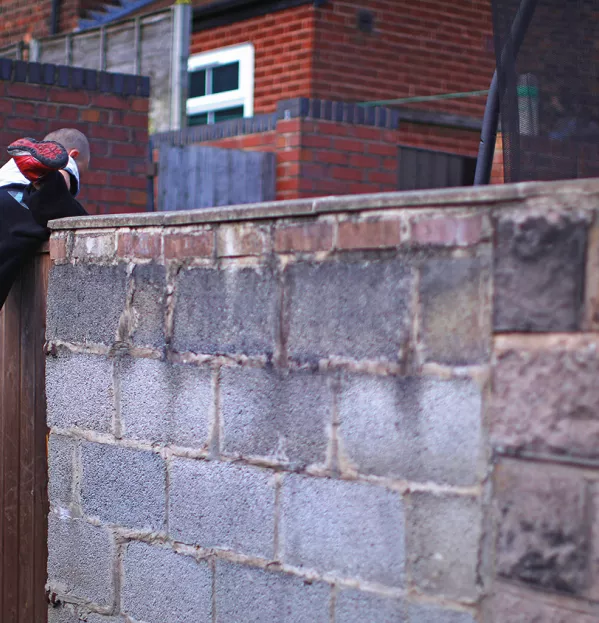Is Theresa May serious about social mobility?

Social mobility has become something of a mantra for the prime minister, Theresa May. But her party’s emphasis on raising aspiration, including through the creation of new “opportunity areas”, has been felt by some to jar with her eagerness to open more selective schools.
Following the hung Parliament last week, it is looking increasingly unlikely that May will be able to push forward with the new grammars. It is understood that the government’s Green Paper proposals - which looked to place greater pressure on private schools and existing selective schools to tackle social mobility (see box, right) - could be scrapped.
So what role will education play in widening social mobility under the new government, if the grammar proposals are abandoned?
And after the spotlight fades, will the remaining 163 grammar schools and the leading independent schools still seek to widen their access to disadvantaged families?
There is evidence to suggest that they will. Earlier this year, after the government announced its plans to make existing grammars more “representative”, Tes revealed that at least 50 grammar schools across England were set to alter their oversubscription procedures in 2018 in order to take more children from poorer backgrounds.
Close scrutiny
Jim Skinner, chief executive of the Grammar Schools Heads’ Association, admits that the increase could have been fuelled by the close scrutiny that his members suddenly found themselves under. “If this policy hadn’t come out in the summer it may not have gone up quite as much as it has done,” he says.
However, regardless of the fallout from last week’s election, he expects more schools to follow suit. The King Edward VI Foundation, in Birmingham, currently reserves up to 25 per cent of places for pupils from low-income backgrounds, and its executive director, Heath Monk, wants to increase the proportion of pupil-premium children across the group’s five grammar schools.
“Frankly, I think social mobility in the city - and what we might do for the children of Birmingham - is more important than exam results,” he says.
But he acknowledges that the foundation is in a unique position. “It is quite hard for an individual grammar school,” he says. For example, in Kent, “you exist in a competitive market in terms of parental preference”.
It is possible that some selective schools may not take the same gamble - especially if plans in the Green Paper are dropped and the accountability pressures on GCSE results remain high.
Meanwhile, selective schools complain that they are struggling to engage in outreach work because of tight budgets.
Skinner says: “We need to do more but the funding crisis is creating a situation where schools are having to rein back their outreach work rather than expand it.”
The Green Paper also proposed imposing a number of requirements on private schools - such as a requirement to offer a higher proportion of fully funded bursaries as well as sponsoring academies.
While the independent sector likes to play down the impact of the plans, it is fair to say that there would be few tears shed if they fail to see the light of day.
Julie Robinson, general secretary of the Independent Schools Council, says: “We are already committed to the whole partnership agenda, to social mobility and bursaries.
“And anything we can reasonably do we want to do for all the right reasons. We don’t want to do it because we’re told to.”
Real opportunities
What of the 12 “opportunity areas”? These are aimed at building teaching and leadership capacity in schools, and encouraging collaboration between schools, early years providers, colleges, universities, businesses, charities and local authorities in order to build young people’s knowledge and skills, and provide good careers advice and opportunities.
Lee Elliot Major, chief executive of social mobility charity the Sutton Trust, says: “I think that is more likely to continue because it is part of the DfE’s strategy, and something that Justine Greening has pushed.” And Sir Kevan Collins, chief executive of the Education Endowment Foundation, which has been working to ensure that there is an evidence-based approach in the areas, agrees that more focused working in the 12 “social mobility cold spots” would be a good solution. But he warns this will only work if the government is willing to pump a huge amount of time and resources into it.
“You can’t tinker and expect social mobility to happen. You need a concentrated effort to build the right alliances of people - beyond schools and in schools - to attend to the issue,” he says.“It is a very long-term, serious effort. These are not overnight jobs.”
And how serious is the new government about this agenda?
Speaking the day after the general election, May said: “The government I lead will put fairness and opportunity at the heart of everything we do…and over the next five years build a country in which no one and no community is left behind, a country in which prosperity and opportunity are shared right across this united kingdom.”
Whatever the future holds for the Green Paper plans, the language around social mobility appears unlikely to change - at least in the short term.
You need a Tes subscription to read this article
Subscribe now to read this article and get other subscriber-only content:
- Unlimited access to all Tes magazine content
- Exclusive subscriber-only stories
- Award-winning email newsletters
Already a subscriber? Log in
You need a subscription to read this article
Subscribe now to read this article and get other subscriber-only content, including:
- Unlimited access to all Tes magazine content
- Exclusive subscriber-only stories
- Award-winning email newsletters